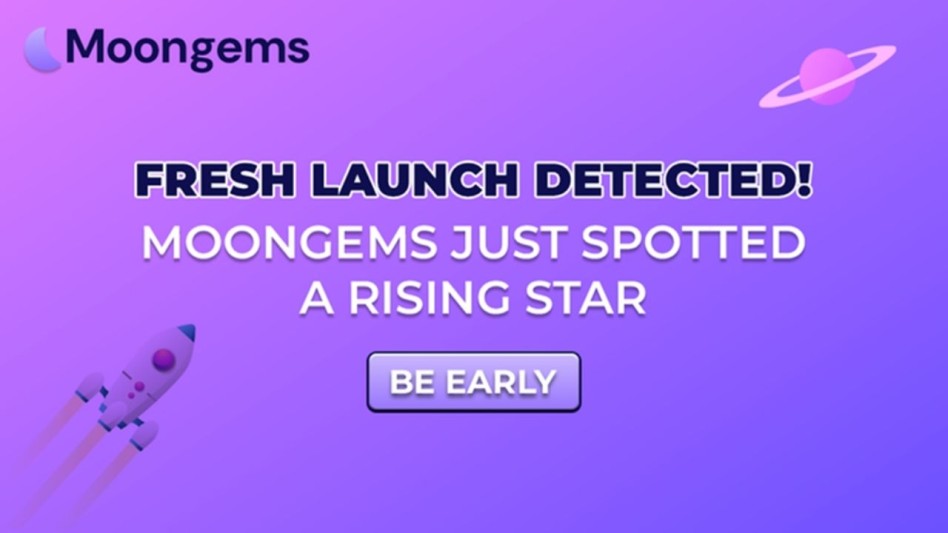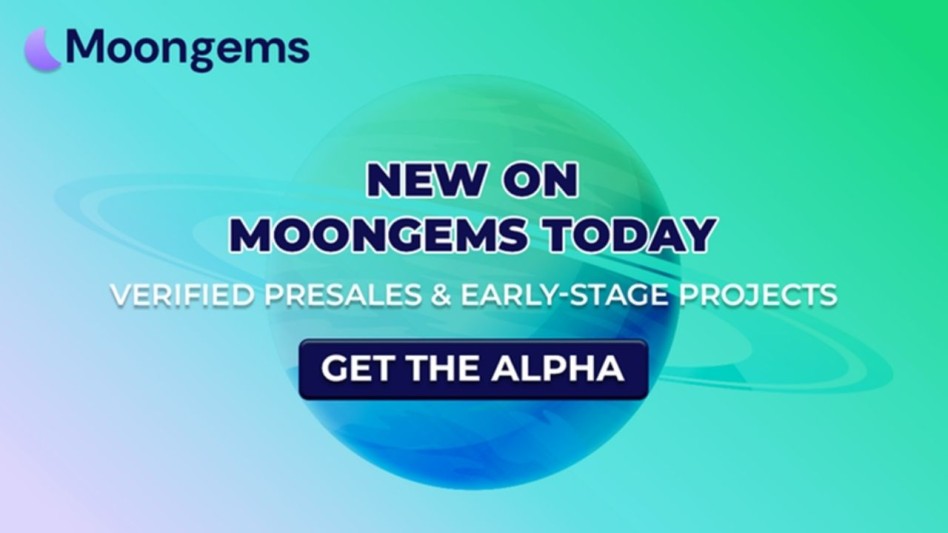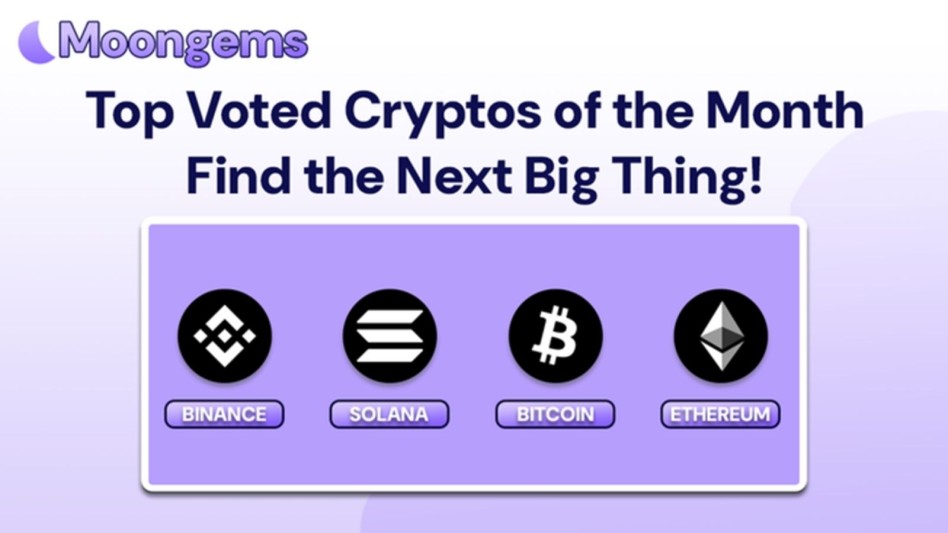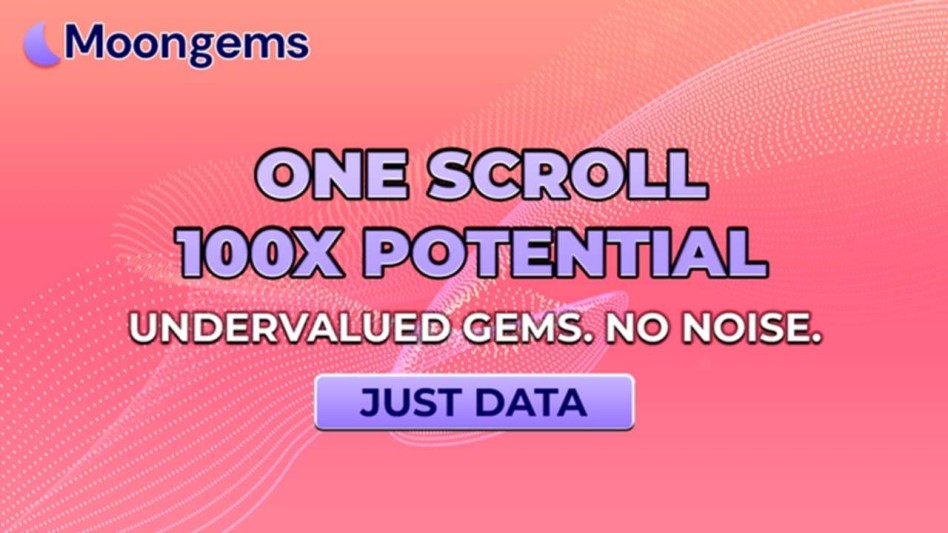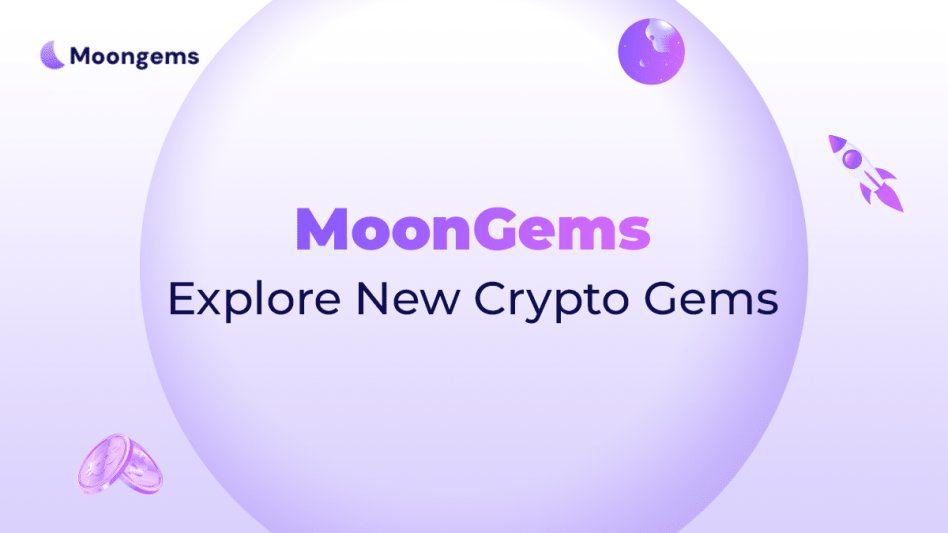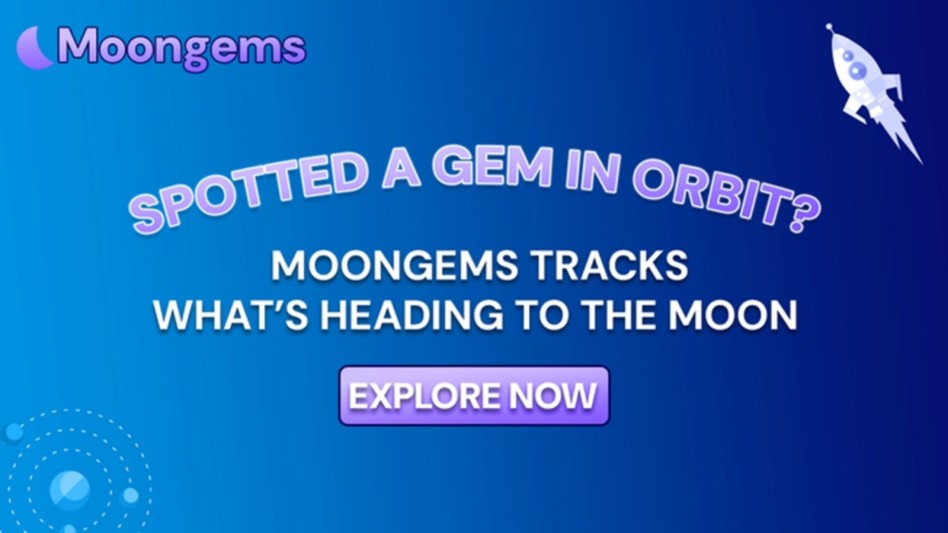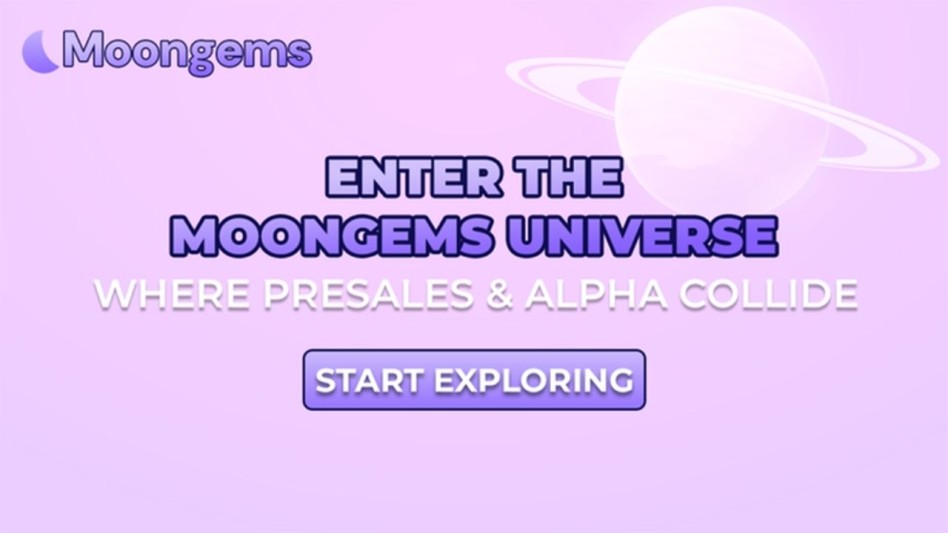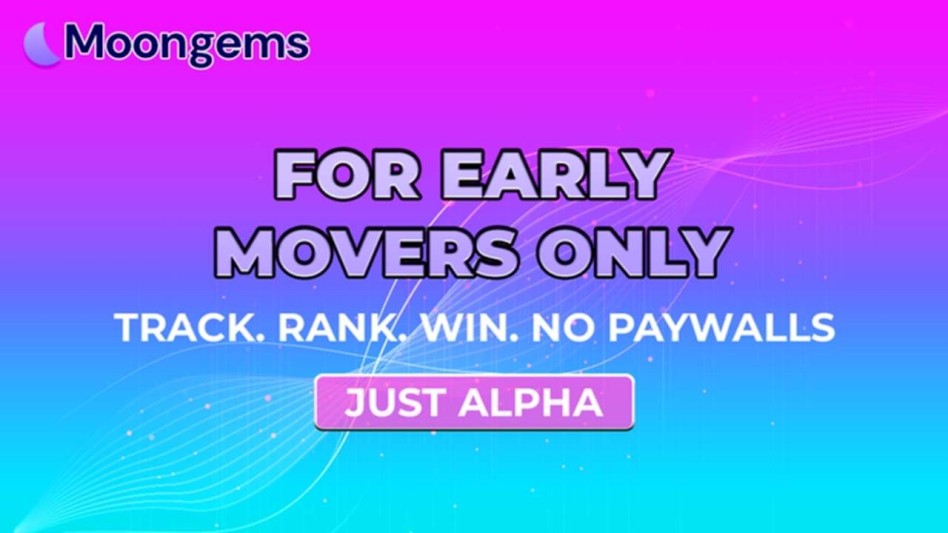Author: Jawad Hussain – Crypto Analyst & Web3 Researcher | 9+ years tracking presales, IDOs, and token launches. Follow him on Twitter and LinkedIn.
Crypto investing has evolved. In 2021, you could skim through tokenomics charts, spot a low market cap, and ape in. But tokenomics alone isn't enough in 2025, with more sophisticated investors, aggressive scams, and an increasingly competitive market. Today’s smartest investors go beyond charts — they evaluate who’s building the project, when it’s launching, and what’s already working behind the scenes.
In this article, we’ll show you why tokenomics, while important, are just one part of the puzzle — and how team strength, launch timing, and working tech should play an equal, if not greater, role in your presale decision-making process.
Why Tokenomics Are Not the Full Picture
Tokenomics are essential. They show how tokens are allocated, distributed, vested, and incentivized. But here’s the problem: tokenomics can be designed to look perfect on paper while concealing deeper issues, like an anonymous team, zero development progress, or a roadmap timed during a market downturn.
If you only look at supply schedules and pie charts, you're investing in numbers, not reality. Great tokenomics do not guarantee product-market fit, community traction, or technical viability. Worse, tokenomics are often copied and pasted from successful projects and rebranded to fit the current narrative.
In 2025, investors must take a more holistic view. Below are three dimensions that should sit alongside tokenomics in every early-stage evaluation: team, timing, and tech.
1. The Founding Team: Vision, Credibility, and Accountability
Strong tokenomics are meaningless if the team executing them lacks experience or integrity. A skilled, committed team can adjust tokenomics as needed, respond to market shifts, and build responsibly over time. A weak or anonymous team may have great tokenomics, and still fail to deliver anything at all.
Start by researching the founder’s background. Look for previous Web3 or startup experience, past launches, GitHub contributions, public interviews, or professional profiles (LinkedIn, Twitter, Medium). Do they engage with the community? Do they respond to criticism or technical questions? Are they speaking at industry events or collaborating with other teams?
Avoid teams that hide behind avatars or deflect accountability with vague promises. An anonymous founder with no track record poses enormous risk, especially in a presale, where trust is paramount. You’re not just buying a token — you’re buying into a team’s ability to execute under pressure.
MoonGems can help you identify which presales are run by verifiable founders versus ghost teams. Remember: a strong team can fix flawed tokenomics. The reverse is rarely true.
2. Timing: Market Conditions and Narrative Cycles
Even the best idea, backed by the most capable team and flawless tokenomics, will flop if the timing is wrong. In crypto, timing is narrative. If a token launches into a liquidity crunch, a bearish macro environment, or during a regulatory clampdown, it may never recover, no matter how solid its fundamentals.
Great projects launch when:
- Market liquidity is returning
- Their niche is trending (AI, RWA, LSDfi, etc.)
- Retail sentiment is climbing
- Competitor fatigue has set in (meaning they can stand out)
You can gauge timing readiness by monitoring Twitter trends, VC activity, crypto news cycles, and volume inflows into related tokens. If a presale launches into a dead narrative or a risk-off environment, consider whether it might be worth waiting or skipping.
MoonGems helps investors track launch windows, monitor sentiment shifts, and compare projects based on narrative timing and sector health, giving them a broader market context behind every presale.
3. Working Tech: The Ultimate Signal
Here’s a harsh truth: most presales are just ideas, not products. They sell tokens for concepts that exist only in Figma or Notion. But in 2025, savvy investors want proof, not just a promise.
A working product — even in MVP or testnet form — is one of the strongest signals of seriousness and viability. It shows that the team can ship, that they’ve moved past theory, and that they’re not just raising funds to start building. Even a testnet, beta dApp, or smart contract deployed on-chain gives you something to assess, test, and review.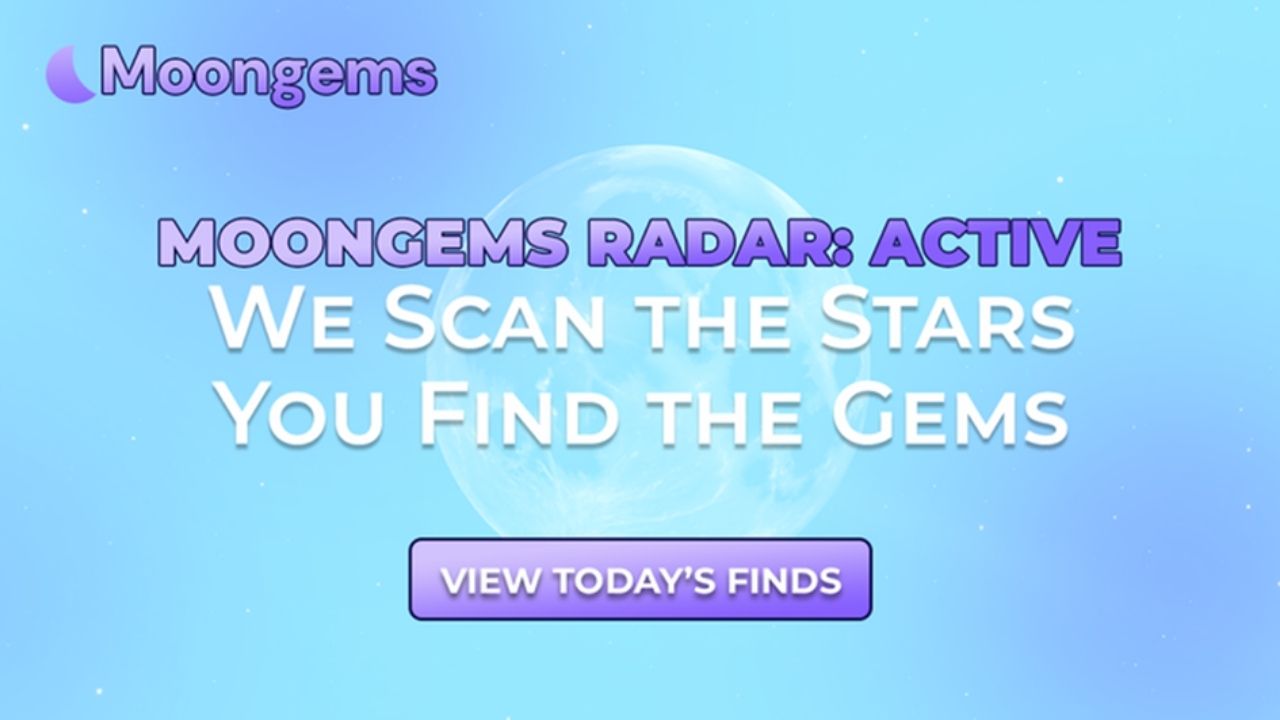
Review the project’s GitHub. Look at commit history, smart contract verifications, and community developer involvement. Real builders are proud to show progress, while vaporware projects hide behind vague updates and marketing slides.
MoonGems.io tracks whether projects have launched testnets, posted code updates, or verified their smart contracts — so you don’t have to dig through every whitepaper and Discord chat yourself.
How MoonGems Helps You Look Beyond Tokenomics
While most launchpads and aggregators focus on tokenomics and price projections, MoonGems brings depth and transparency to the presale process. It offers a multi-layered view of every early-stage project, including:
- Verified founder profiles and team backgrounds
- Tokenomics breakdown with vesting insights
- Tech development status (testnet, GitHub, audits)
- Launch timing and macro sentiment analysis
- Community traction, influencer engagement, and risk scoring
This allows you to evaluate not just what a project says but also what it has actually done. In a market where 90% of tokens fail, that kind of insight can be the difference between catching a trend early… and catching a falling knife.
Conclusion
Tokenomics will always matter — but in 2025, they’re no longer the full investment thesis. Early-stage crypto investing demands deeper scrutiny: who is building, when are they launching, and what have they actually shipped?
The best projects don’t just look good on paper. They move smart, ship fast, and build in public. By using tools like MoonGems.io to go beyond the usual charts and hype, you give yourself the clearest possible edge in a noisy, high-risk market.
Don't just chase supply metrics. Chase execution, alignment, and timing — the real pillars of long-term value in presale investing.
Frequently Asked Questions (FAQs)
- Are tokenomics still important in 2025?
Yes, but they are no longer sufficient on their own. Investors should weigh tokenomics alongside team strength, tech readiness, and launch timing. - How do I verify if a team is trustworthy?
Check their LinkedIn, Twitter, GitHub, and any previous Web3 projects they’ve worked on. Use MoonGems.io to see if team details are publicly verified. - Why is launch timing so crucial in crypto?
Because market sentiment, narrative momentum, and liquidity cycles strongly influence token performance. Bad timing can suppress even great ideas. - How can I tell if a project has real tech?
Look for GitHub repos, testnet deployments, or dApp demos. If there’s no code — and no transparency — that’s a red flag. - What makes MoonGems.io better than typical presale aggregators?
MoonGems.io analyzes not just supply metrics, but also founder credibility, tech development, and social traction — helping you invest based on facts, not hype.
Glossary of Key Terms
Tokenomics – The structure of token supply, distribution, incentives, and utility.
Execution Risk – The risk that a team fails to deliver or meet development goals.
Narrative Timing – Launching a project when its market segment is gaining interest or media attention.
Testnet – A non-production version of a blockchain or dApp used for testing features.
MVP (Minimum Viable Product) – A simplified version of a product built to test key features or functions.
GitHub – A platform for sharing and reviewing code in public repositories.
Liquidity Window – A period of high market activity and capital inflow.
MoonGems.io – A crypto research platform for evaluating presales, token launches, and team credibility.
Founder Transparency – The degree to which a project’s leaders are public, accountable, and verifiable.
Presale Aggregator – A platform that compiles data on early token offerings for investor comparison.
Disclaimer
This content is for informational purposes only and does not constitute financial advice. Always conduct your own research (DYOR) before participating in any token presale or early-stage investment. All investments carry risk, including total loss of capital.



